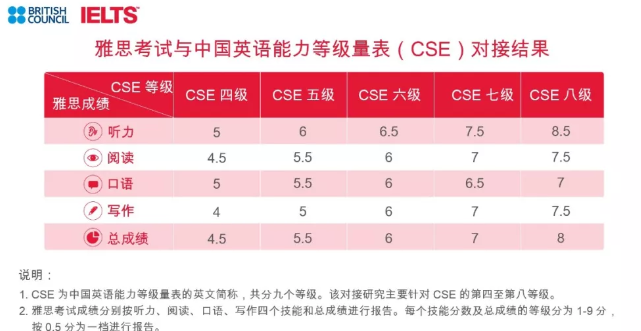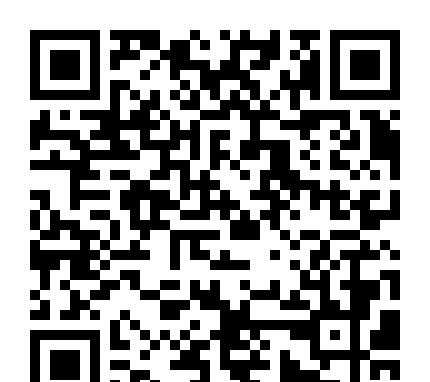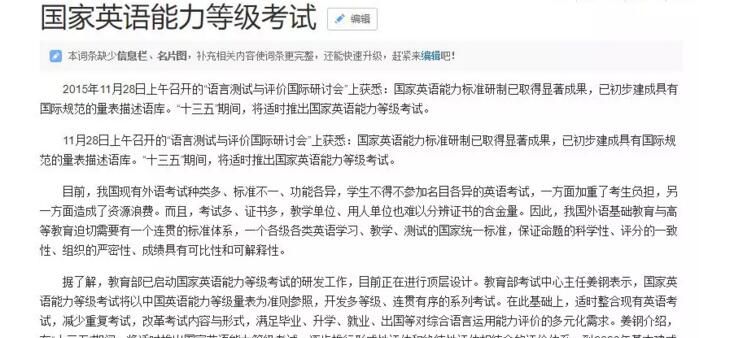Shame of fake TCM research
|
Four papers on traditional Chinese medicine (TCM) were retracted by international journals last year because of "plagiarism and fake research", it was reported yesterday. Each paper had the same lead author, He Haibo, associate professor with Zhejiang University, while co-authors included Li Lianda, a TCM expert and a member of the Chinese Academy of Engineering, said the Guangzhou-based 21st Century Business Herald. In a written statement from Zhejiang University to China Daily yesterday, they said He had published eight articles since arriving at the university in 2006. He copied statistics in two articles from his PhD tutor Dai Zezai, while statistics in two other articles were partially compiled by himself and copied from others. He also sent one article to two journals for publication. In the other two articles, he did the research himself but his findings included a lot of mistakes. The university added that He Haibo had been sacked. The fraud was uncovered in October by Dai when he discovered a paper published by British-based Phytotherapy Research written by He, but copied Dai’s own paper for the International Journal of Cardiology last year. Elizabeth M. Williamson, editor of Phytotherapy Research, said in a statement in December that the manuscript by He and five co-authors "appears to have included falsely reproduced experiments with no acknowledgement of original source data and has consequently been retracted". Journals in Germany, Poland and Holland also retracted the articles for plagiarism and duplicate submission, the 21st Century Business Herald said. Vice-chairman of the European TCM Association, Zhu Guoguang, who lives in Finland, said he found at least 14 papers written by people tutored by Li, and with Li as co-author, suspected to feature plagiarism and fake research, the newspaper reported. "Such scandals will set obstacles for selling traditional Chinese medicine in the main international markets," said Zhu in his blog. As most of the papers are for projects supported by State-level funds, public cash could be wasted, he warned. He indicated Li, as China's top TCM expert, should be responsible for the scandals. But Zhejiang University said Li, who is in his 70s, rarely visited the university and, in its statement, added that He Haibo had used Li's name without his permission or knowledge. The university said He acknowledged in a confessionary letter he used Li's name "secretively" and said he was "deeply sorry" to Li and his team. In the letter, He also admitted he made up the fact his articles were supported by national or university funds, as well as that the articles were proofread by top scientists before he sent them to the journals. |








